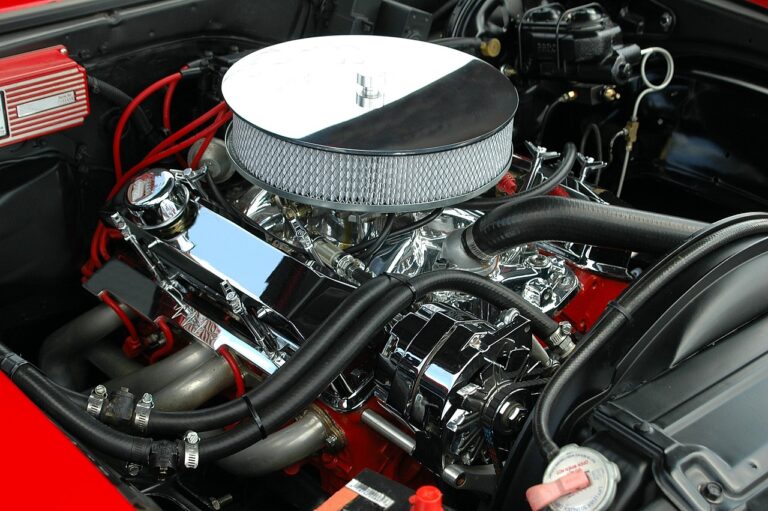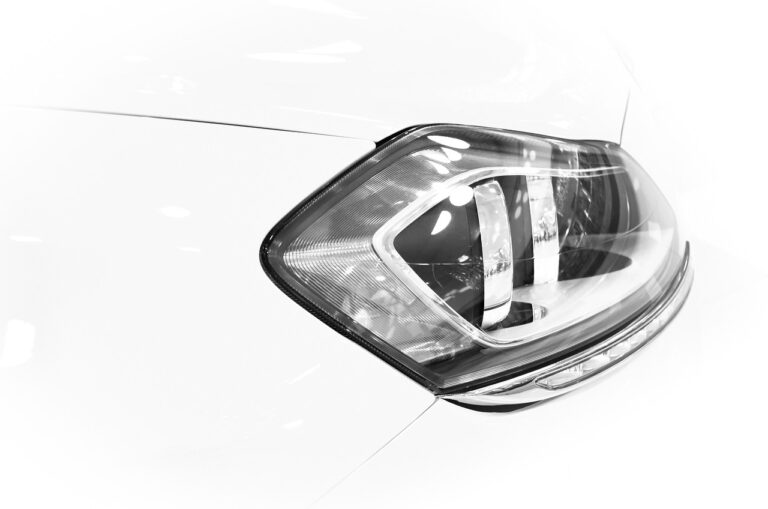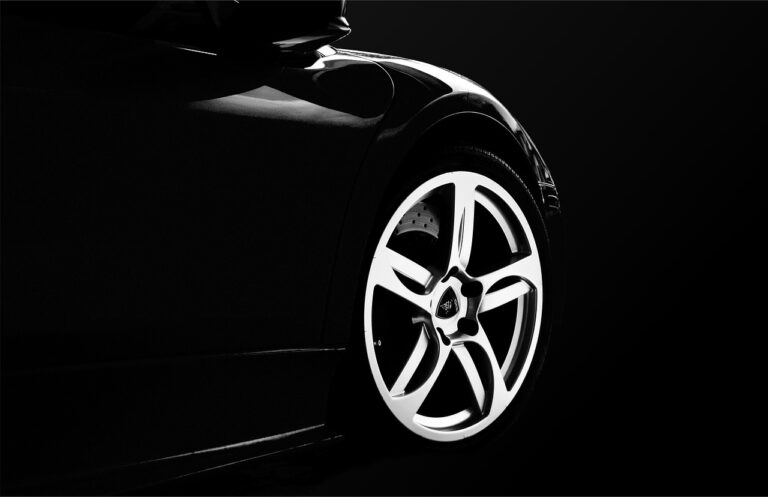Car Collecting: Navigating the World of Automotive Investments
Classic cars hold a special allure for collectors and enthusiasts alike. Their timeless designs, historical significance, and limited availability contribute to their high value in the market. As vehicles of bygone eras, classic cars evoke nostalgia and provide a glimpse into the past, making them cherished possessions for many.
The value of a classic car is influenced by several factors, such as its rarity, condition, provenance, and demand in the market. Highly sought-after models from iconic brands can command significant prices, especially if they are well-maintained and original. Additionally, unique features, limited production numbers, and historical significance can further enhance a classic car’s value, making it a sound investment for those passionate about automotive history.
Factors to Consider Before Investing in a Car Collection
When considering investing in a car collection, one of the primary factors to think about is the condition of the vehicles. It is crucial to assess the current state of each car to determine the level of restoration or maintenance that may be required. Navigating the costs associated with bringing a car up to a desirable standard can significantly impact the overall investment.
Another critical factor to contemplate is the rarity and desirability of the vehicles you are looking to add to your collection. Classic cars that are limited in production numbers or have a unique history often fetch higher prices in the market. Researching the market trends and consulting with experts can help you make informed decisions about which cars to invest in to potentially maximize returns in the future.
Building a Diverse Portfolio of Automotive Investments
Aside from monetary value, classic cars offer a unique investment opportunity due to their emotional and historical significance. As collectors diversify their automotive portfolios, they should consider not only the financial potential of each vehicle but also its cultural impact and the joy it brings to their collection. This approach ensures a well-rounded selection of cars that goes beyond mere financial gain.
When constructing a diverse portfolio of automotive investments, it is essential to research the market trends and historical performance of different car models. By understanding the fluctuations in value and popularity within the classic car industry, investors can make informed decisions that contribute to the overall strength and stability of their collection. Additionally, seeking expert advice and staying up-to-date with industry news can provide valuable insights for selecting a range of vehicles that cater to various tastes and preferences in the market.
What are some benefits of investing in classic cars?
Classic cars have a history of increasing in value over time, making them a potentially profitable investment. They also provide enjoyment for collectors who appreciate the craftsmanship and design of vintage vehicles.
How can I determine the value of a classic car?
The value of a classic car is influenced by factors such as the make and model, condition, rarity, and market demand. It’s important to research recent sales data and consult with experts in the field to get an accurate valuation.
What factors should I consider before investing in a car collection?
Before investing in a car collection, consider your budget, goals for the collection, storage and maintenance costs, and potential risks involved in the market. It’s also important to diversify your portfolio to mitigate risk.
How can I build a diverse portfolio of automotive investments?
Building a diverse portfolio of automotive investments involves acquiring vehicles from different eras, makes, and models. This can help spread risk and increase the potential for profitability. Additionally, consider investing in different types of vehicles such as classic cars, muscle cars, and modern collectibles.







